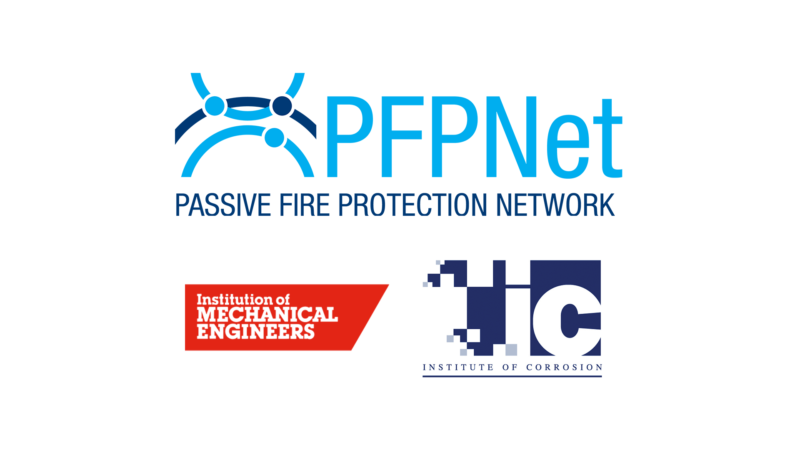A key objective for PFPNet is to improve knowledge and understanding of Passive Fire Protection (PFP) used in industrial facilities. A fundamental part of this is the provision of training for individuals who are involved in PFP from design to installation and inspection.
The Members of PFPNet provide a very significant knowledge base covering all aspects of PFP, and provide a deep understanding in all Stakeholder groups of what is needed to design, specify, procure, install and maintain PFP systems correctly. This unrivalled collective knowledge and experience enables PFPNet to develop a comprehensive and meaningful suite of training courses across the whole spectrum of this industry.
The Training, Accreditation and Competency Technical Subcommittee within PFPNet has been looking at how PFPNet can best deliver its training, and how to accredit those that are trained. It concluded that PFPNet needs to partner with third parties who have a global presence and reputation, and who are skilled in the development and delivery of training – including the administration of accreditation schemes.
The Institute of Corrosion (ICorr) are well known in the oil and gas industry and have developed various training courses over many years that are delivered on a global basis, some of which cover certain aspects of PFP. To deliver these training courses globally, ICorr in turn partner with the Institution of Mechanical Engineers (IMechE).
We are pleased to announce that both parties have entered into an agreement with PFPNet to develop and deliver PFP training courses. These will be written by PFPNet, qualified by ICorr and delivered by IMechE. The first module is expected to be delivered before the end of 2019.
This first course is intended for Owners Inspectors who are required to inspect PFP coatings, but other courses are planned and these will include modules for other types of PFP systems, as well as other disciplines within the PFP industry. For example, modules are planned that will supplement professional engineering qualifications – improving understanding about how PFP should be engineered, specified and installed.
Training will be provided by qualified individuals, and an important part of the overall programme is accreditation of the course along with qualification of the individuals who successfully conclude the training. PFPNet view this development as a key part of its stated goal of raising competency in all stakeholder groups involved with PFP and are very pleased to be able to work with such well-recognised professional bodies as ICorr and IMechE.
To find out more, please contact us.

